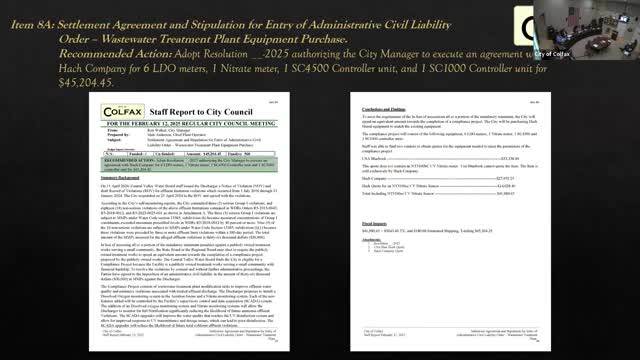Article not found
This article is no longer available. But don't worry—we've gathered other articles that discuss the same topic.

Residents raise drainage, hotel blight and chickens in Colfax public comment

Colfax council discusses Brown Act limits after downtown association meeting; staff to recommend public workshop option

Colfax council approves committee assignments and discloses city manager compensation adjustment

